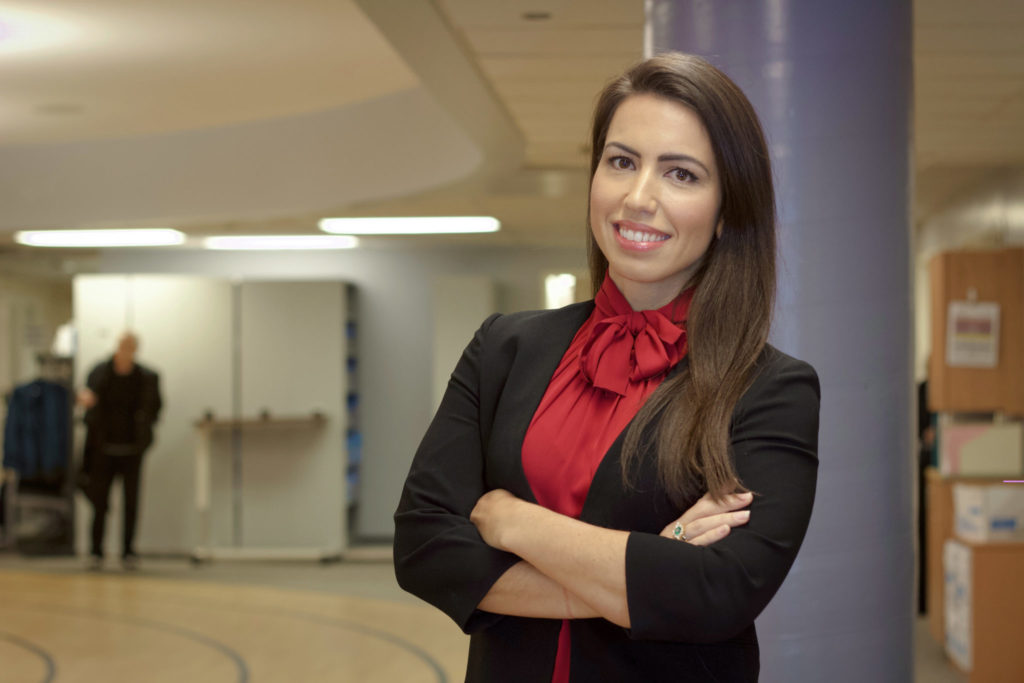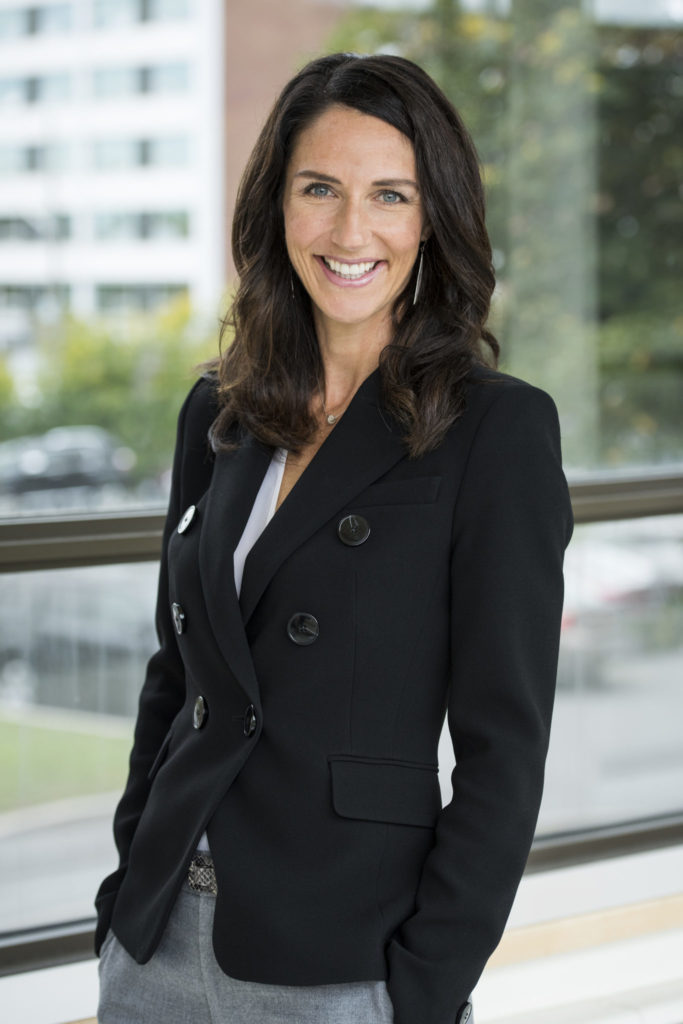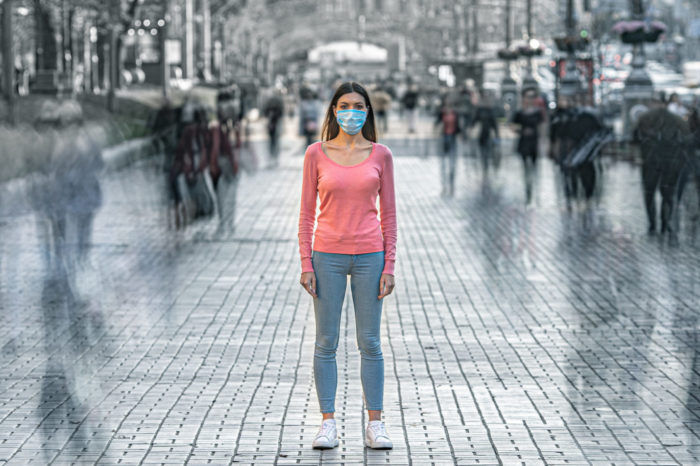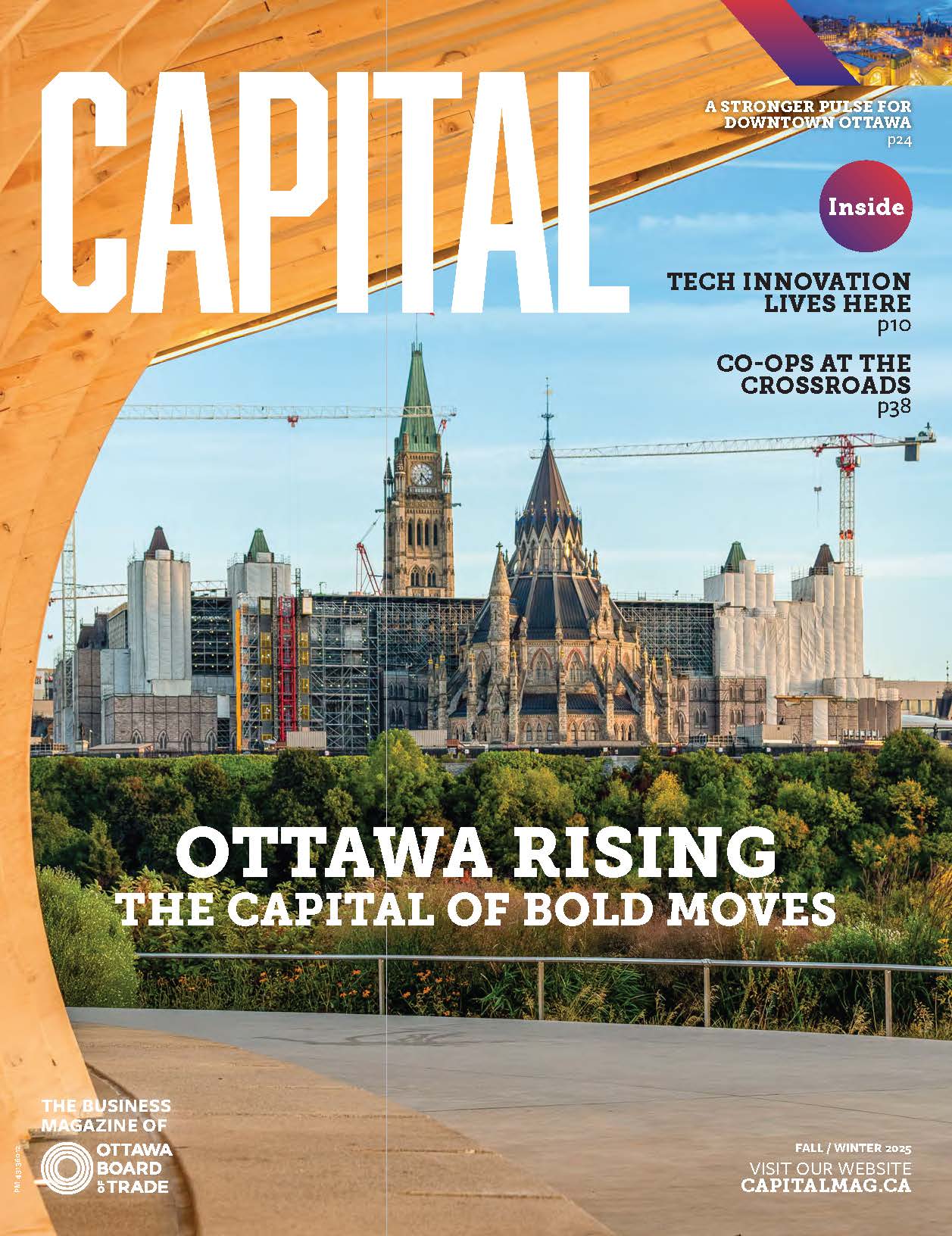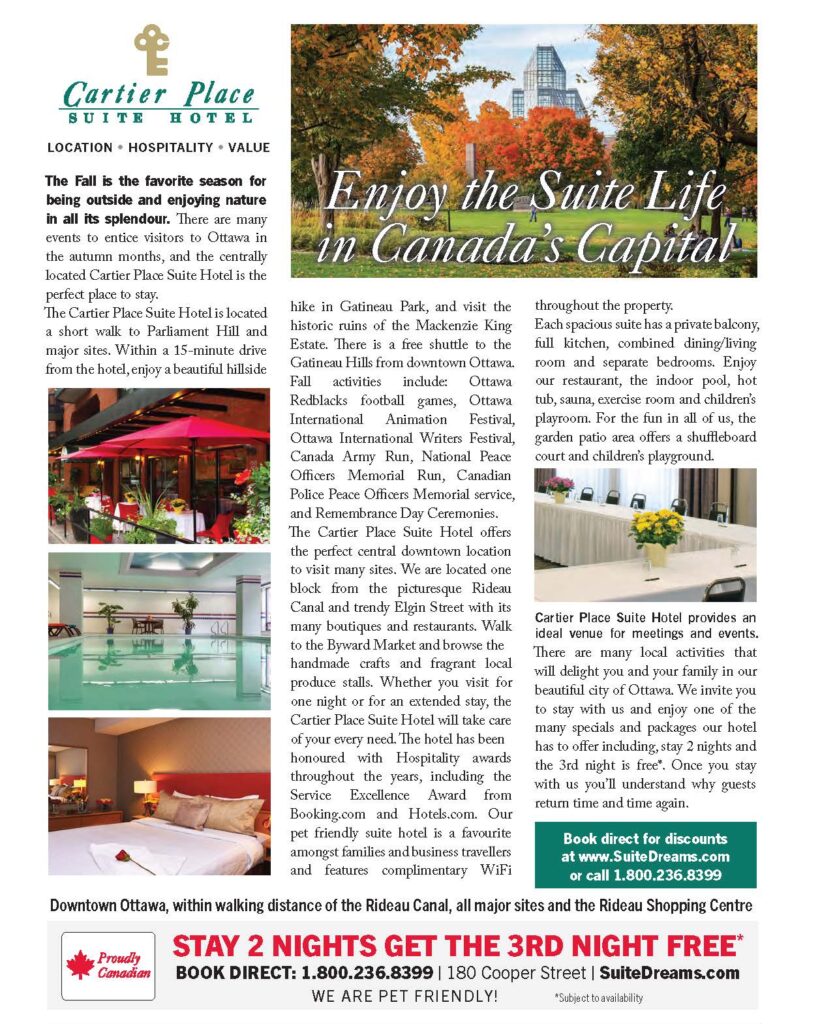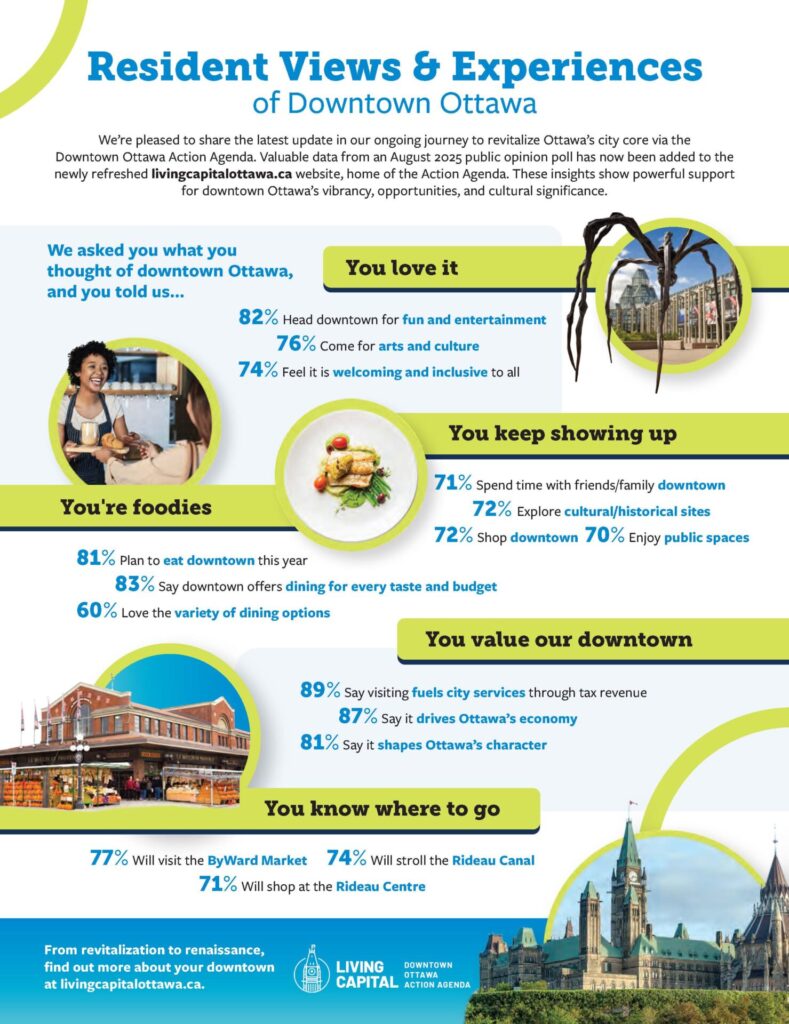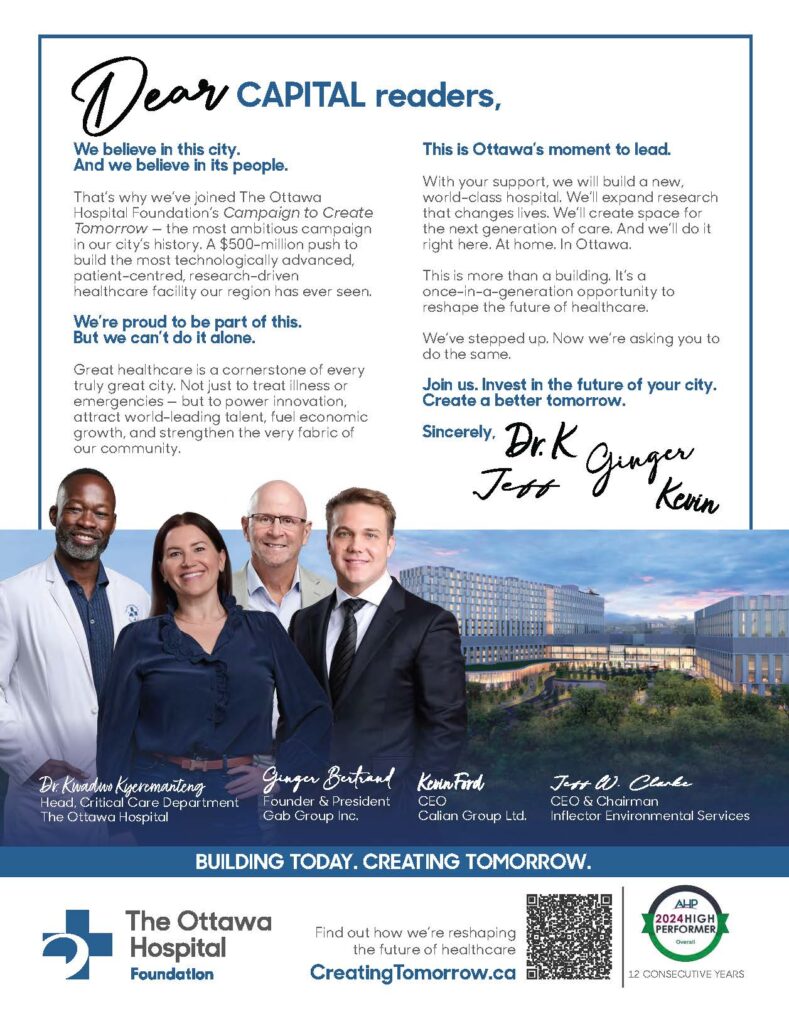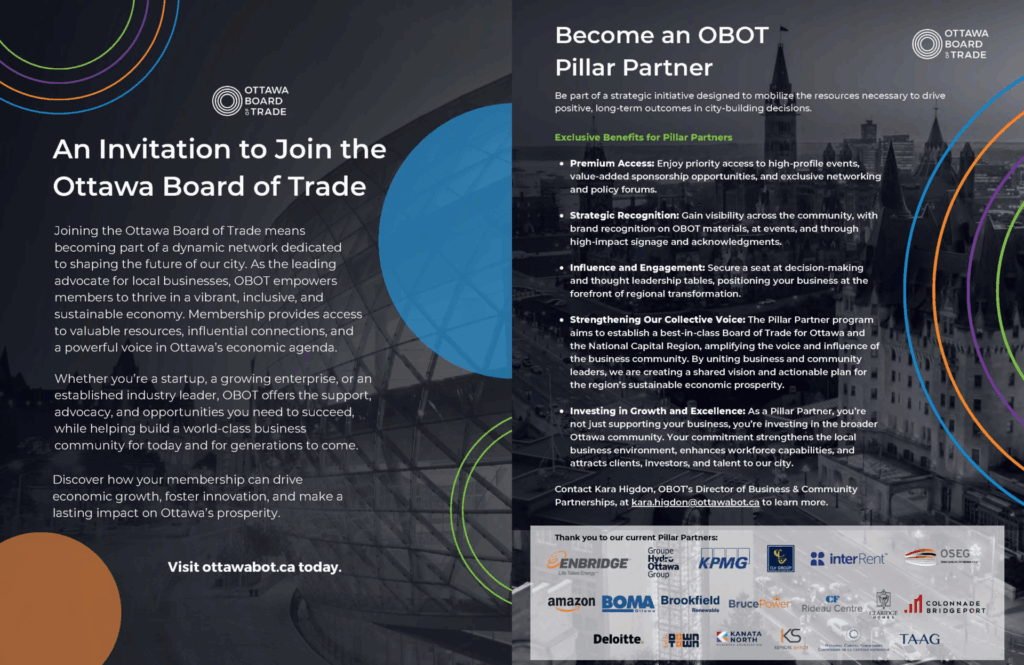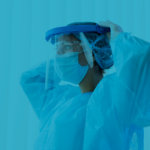Feature: COVID FROM THE FRONT LINES
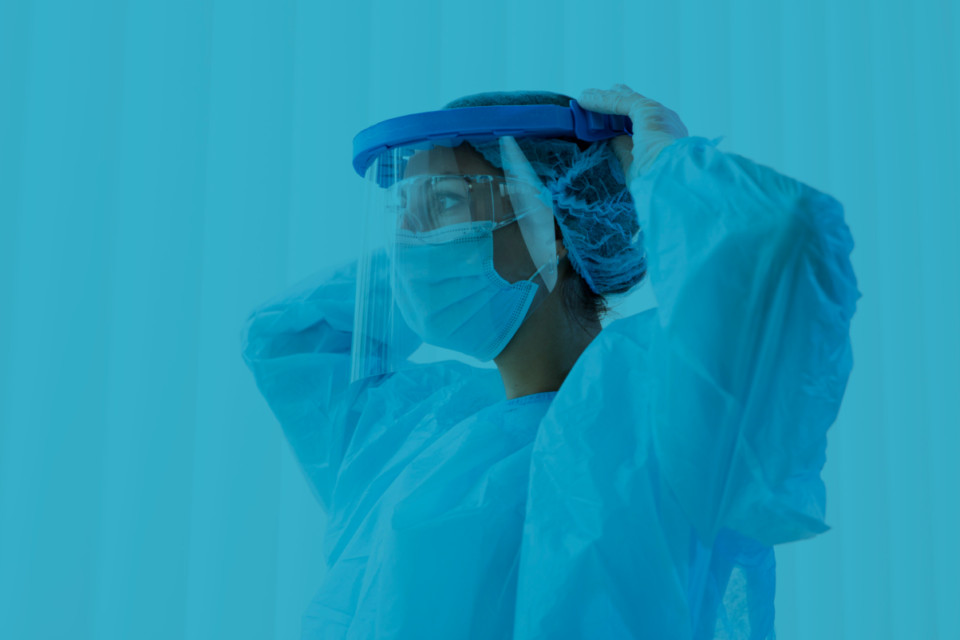
Women have been disproportionate affected by the pandemic’s burdens, and frontline workers, even more so than most.
By Jenn Campbell
As Thais Coutinho is doing an interview with Capital magazine by Zoom, her phone rings. She apologizes and asks to be excused for a minute. When she returns, she explains, “It was my kid’s pediatrician.”
Today, her children, who are 18 months and four years old, are both home from school with runny noses — a COVID reality for parents around the world. It’s the perfect illustration of how hard the pandemic has been on women. Coutinho is a cardiologist and division head at the University of Ottawa Heart Institute and chair of the Canadian Women’s Heart Health Centre. She’s also an associate professor of medicine.
And, after a year of working in COVID-19’s strange circumstances, this busy specialist is exhausted. Work-life balance is always a challenge with an all-consuming job and young children, but the pandemic has made it worse.
“Because I’m division chief, there’s been a significant increase in the administrative burden,” she says.
She returned from maternity leave in early April 2020, just in time to start managing COVID protocols. And, like many doctors, she had an abridged maternity leave — just seven months.
“I had seven months of research work [piling up] from the time I was off,” she says. “I thought I would hit the ground running, but I couldn’t. That administrative burden was significant and with the variants, it’s picked up again.”
On days like today, when her children can’t go to daycare, she puts her research on hold again and manages the children in shifts with her husband, who is a remote-working IT professional with the Mayo Institute.
Some weeks, she has no time off and often she’s managing staffing because although the Heart Institute’s COVID cases are low, every time there’s an outbreak, she loses staff who become sick with the virus.
“Our hospitals aren’t overflowing, but staffing is an issue,” she says. Coutinho says her “extremely engaged” husband has helped a lot. “I have a very good partnership,” she says. “But in terms of the work, I’m super tired and exhausted. It’s nights and weekends. This week, I had no days off. When I’m not working, I try to disconnect. My usual escape is travel, but that’s been impossible. And we have to do the work. People count on us.”
For her part, radiologist Susan Peddle remembers the Ottawa Hospital as “a nice place to work.” With COVID, that changed.
Initially, fear dominated because not enough was known about the virus, but frontline workers still had to go to work. They always wore masks, but at first, patients weren’t because there weren’t enough of them. Working collaboratively was strained because of distancing.
“It’s been a work-in-progress and a big challenge,” Peddle says. “We just had to keep adjusting. Sometimes I feel like a ping-pong ball. The vaccine hopes have almost been overcome by the variants. Morale at work is quite low.” She notes that women are taking a lot of the burden and that in radiology, there are four female doctors, and four male, and all the technicians are female.
“Resilience is low,” she says. “The interactions with patients are more emotionally tiring because [patients] are scared. I had a patient last week and it was the first time she’d left her apartment in a year.” Examples such as the young breast-feeding mom with newly diagnosed cancer who can’t have her husband at her appointments with her to hold her hand are heartbreaking.
Peddle’s husband has taken on domestic duties while she works days, but when she gets home, he goes to work and she’s on for dinner or homework and school lunches for her 10- and 12-yearold daughters.
“Sometimes at work, I sit and breathe. Or I cry. Or I rage,” she says. “But I take a few minutes for myself. I don’t want to bring it home to my family.”
As a coping mechanism, she often checks in with herself on her emotional well-being. “I do a lot of meditation now, a lot of breathing,” she says. “I’ve trained myself to do these little things to manage the burnout. I find I need to rest more.”
In addition to COVID in hospitals, there’s lockdown fallout. Young people are trying to commit suicide, others are abusing alcohol and drugs and still others are showing up with advanced cancers because they were too scared to address symptoms earlier. In her job, she now has to tell patients biopsies that used to happen within a week are now taking five or six weeks.
“What’s overwhelming the system is all this stuff,” she says.
She advises people to focus on what they can control. “You can get really overwhelmed and that leads to poor decisions,” she says.
“I can’t control COVID, but I can be good to my body by eating well, getting some exercise.”
